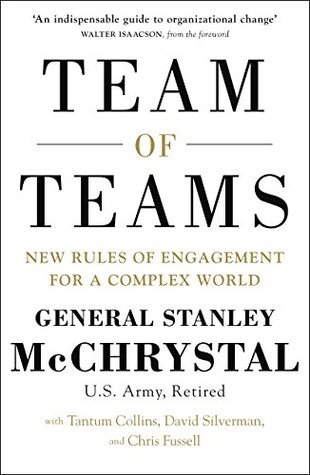Weaver argued that science up through the 1800s had concerned itself with questions of “organized simplicity”: problems involving one or two variables, like the attraction between two magnets or the rotation of the Earth around the sun.* But, Weaver observed, this was not the way much of the real world worked. Living organisms, for instance, “are more likely to present situations in which a half-dozen, or even several dozen quantities are all varying simultaneously, and in subtly interconnected ways.” Such traits, he noted, are found in ecosystems, economies, and political systems. In other
...more
Welcome back. Just a moment while we sign you in to your Goodreads account.


